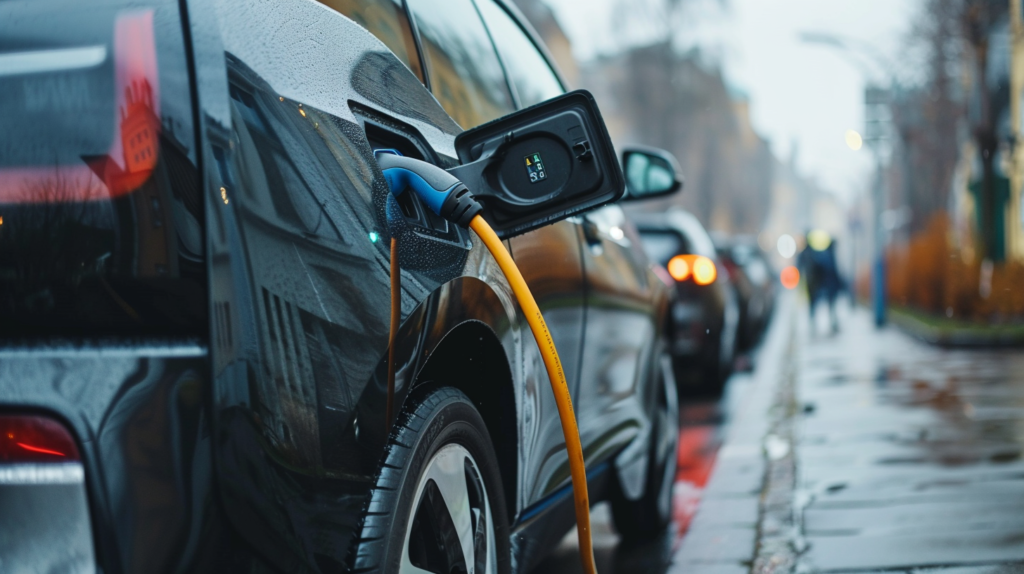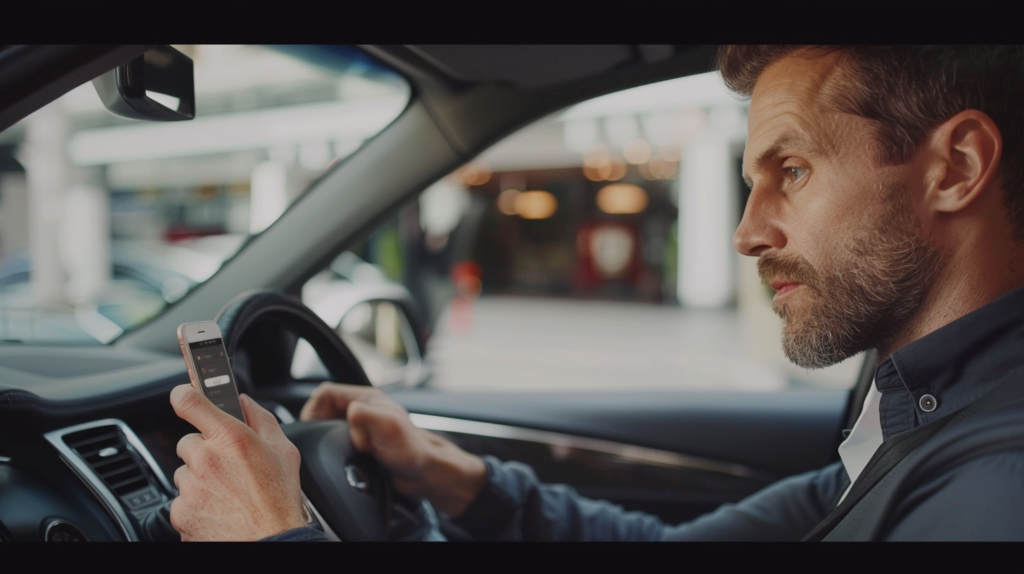Innovation in vehicle dealerships is changing the way we buy and interact with the automotive industry. In this text, we talk about how technology is changing the automotive sector, bringing new opportunities and challenges, especially in car sales.
Artificial Intelligence and the Personalized Shopping Experience
AI is essential for innovation in car dealerships, enabling advanced data analysis and more informed business decisions. Additionally, AI can improve the customer experience by offering personalized recommendations based on past preferences and behaviors. Furthermore, this level of personalization can make all the difference in the purchasing process, making it more efficient and satisfactory for the customer.
Read more: Data revolution: Power BI, AI and Analytics redefining business success
Digital Transformation: More than New Tools for Car Shops
Digital transformation goes beyond the adoption of new tools, it implies a fundamental change in dealerships’ business models. After all, for a good shopping experience, it is important to digitize operations and integrate management systems, ensuring a cohesive connection. This advancement makes it easier to schedule a test drive, track customer purchases and schedule reviews, ensuring a more integrated experience.
Read more: Digital Transformation in companies: paths to success

Adapting to the Emerging Automotive Market: Electric and Sustainable Cars
The automotive market is undergoing significant evolution with the rise of electric cars. Therefore, car companies need to adapt to the new trend. This includes not only offering this new product but also educating customers about its benefits. Sustainable cars, companies and processes are key values for many consumers, and dealerships that highlight this change are better positioned in the market.
The Importance of Social Networks in the Buying Process
Social media is important for car dealerships, being used for marketing, customer interaction and direct sales. Certainly, these channels are important for dealerships to communicate with their audience, publicize offers, news and receive feedback from customers directly. To maximize this potential, utilities can implement specific strategies:
- Launch of interactive campaigns that highlight new vehicle launches, offering exclusive glimpses through videos and live streams;
- Encourage customers to share their experiences with the brand and their reviews. This can generate social proof, strengthening the credibility and attraction of the vehicle store;
- Use social media data analysis to better understand audience preferences and behaviors. Thus, allowing for more precise segmentation and targeted advertising campaigns;
- Integration of online sales tools, such as direct links to schedule test drives or real-time chats. This strategy facilitates the shopping experience, transforming social networks into a sales outlet, in addition to being a marketing tool.

Immersive Experience with Virtual Reality
Virtual reality (VR) is transforming the traditional test drive, giving customers the experience of driving a vehicle without leaving home. This innovative use of technology allows customers to explore car details and functions in a controlled environment. Thus, the user enriches their shopping experience, helping with the final decision.
Curiosity: Pilot tests real car by viewing track through Oculus Rift
Technological Advances in the Automotive Sector
Technological advancements continue to influence every aspect of the automotive industry. Technology is enabling dealerships to operate more efficiently and in line with the expectations of modern consumers. This ranges from customer relationship management (CRM) systems to integrated e-commerce platforms. The implementation of these technologies can significantly improve dealership operations and customer satisfaction.
Conclusion: Innovation in vehicle dealerships as a Key to the Future
In an increasingly digital world, vehicle dealerships must continually adapt and innovate to remain competitive. Technologies such as artificial intelligence, virtual reality and sustainable practices are important to meet the needs of today’s consumer. These technologies also guarantee success in the future.
Dealers that embrace digital transformation and new business models can improve the customer experience and stand out in the automotive sector. But adopting new technologies is not enough. We need to recreate the experience of buying cars. This means making it more efficient, interesting and aligned with future expectations.


